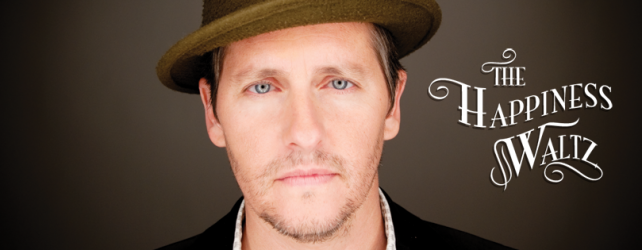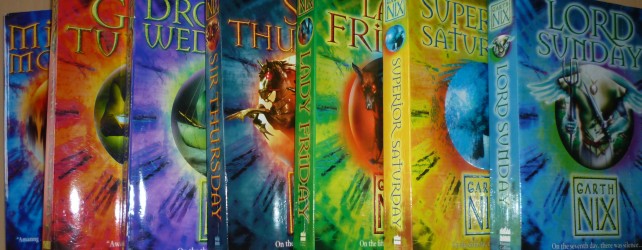The sun had set over the mountains after a hot and lazy day in Andalucia. We had eaten some great food and savoured some lovely wine. We’d enjoyed a slow walk back to a pretty and spacious villa at the edge of the picturesque village of Montejaque. After some laughs and a game of cards, everyone retired to bed and the villa was quiet. And I lay in bed. Awake. Worrying.
Yes, in the midst of a really great holiday in the mountains of southern Spain, I had found so many things to occupy my mind. All things being equal, I should have been the most relaxed I had ever been. I was in the middle of a six-week sabbatical from my job, so I didn’t have to go through the gradual switch off from work (I’d done that three weeks before), nor did I need to face the realisation that I had to go straight back to work (I still had two weeks off). So, what on earth was I doing?
Well, God taught me lots of things over that glorious sabbatical: how the less preferable option is sometimes the right one to take, that doing nothing is not necessarily a bad thing and that health and safety is sometimes not quite as rigorous in Spain as it is in the UK. But the biggest thing was that I worry too much, about the most ridiculous things.
That Spanish holiday was the culmination of a few years that had seen me worry about my health, my work, my home situation, church, friendships… I had become something of a hypochondriac, with every ache, suspicious mark and unusual shape turning into an incurable, terminal disease. And when you’re single, you don’t really have anyone whom you can show an affected body part and say, ‘What’s that? Is it serious?’ so that they can reply, ‘It’s fine, don’t be an idiot.’
Without that brake, your mind races into overdrive and the night (worry is always more severe and outlandish in the middle of the night) turns into a sleepless, nail-biting marathon. Because when you speak worries out loud they somehow lose some of their power. And by telling someone else, you start to gain some perspective. If you don’t, then worries fly unfettered around your head.
Yet, when you’re a single man, society sees you as strong, self-sufficient and sorted. Admitting you’re in danger of being overwhelmed by worries – worries that to others would probably seem insignificant – doesn’t seem an option. Or is that just me? Maybe I’m too proud to admit that sometimes I’m not as sorted as society thinks. However, I suspect I’m not alone.
Anyway, back to the Spanish holiday. There were two other villas around our pool and over the week, I worried about two things:
>>When those two villas were empty, I worried that someone might break into our villa, murder us all and no one would know for days.
>>One night, a group of lads stayed in one of the other villas and they ended up have a conversation outside my bedroom window. They disappeared off after a few minutes, but for the next hour or so, I worried that they might come back and I would have to go outside and ask them to go away.
Ridiculous, I know, and it was at this point that I realised how foolish I was being. If Jesus really was Lord over my life, then what did I have to fear (particularly from outlandish worries like these)? Over the rest of the holiday, and during the final days of my sabbatical, I started to recognise the signs of the onset of unwarranted worry. I began to understand how my mind worked and was able to head worry off before it took hold.
I bet that in our churches, there are more than a few people who struggle with worry like this, so how can we support them? Well, we need people willing to admit publically that they worry more than is good for them. We need to get good at listening and not judging. We need to help single people find supportive networks where they can chat through what is concerning them, voice those worries that threaten to overwhelm them and yes, even get an opinion on that potential life-threatening illness…
So, these days, worry is not as much an issue for me as it once was. There are still a few times when strange worries catch me by surprise (I woke up in the middle of the night last week and spent an hour fretting about Brexit) but these are few and far between. Now, if you’ll excuse me, I have a strange pain in my knee which I need to get someone’s opinion on…
This article first appeared in the July-August 2016 issue of Families First, the magazine of the Mothers’ Union.



